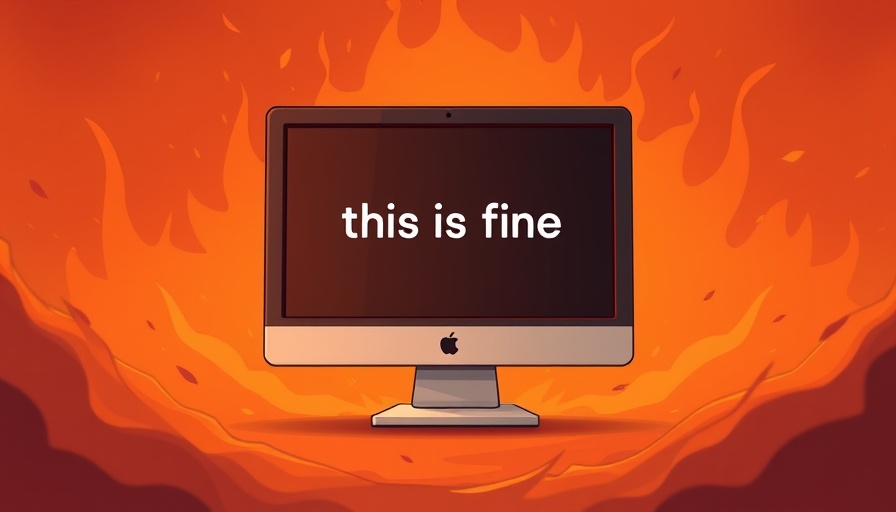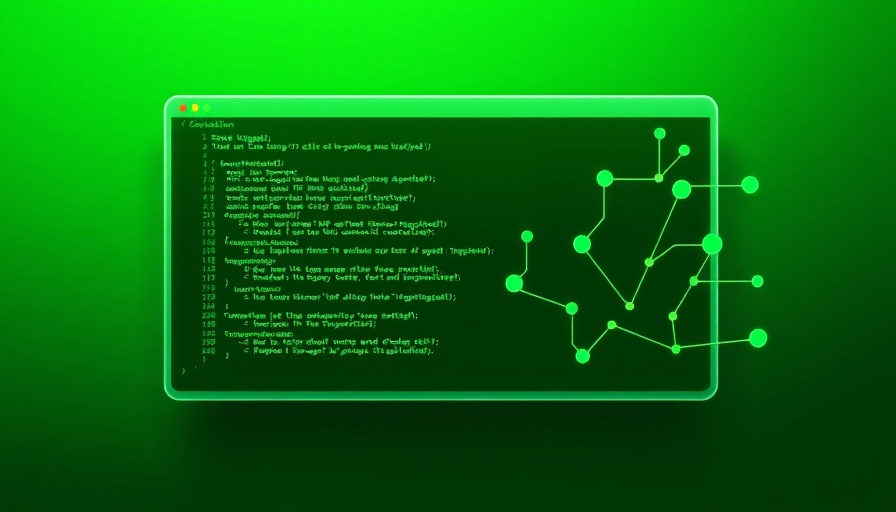
Burnout Is More Than Just Personal Stress – It’s a Systemic Issue
In recent years, especially following the COVID-19 pandemic, workplace burnout has garnered unprecedented attention. While there’s a surplus of advice rallying individuals to combat their own burnout through stress-relief techniques, emerging research illustrates a broader picture: burnout is significantly influenced by systemic factors like workplace culture and managerial practices.
As clinical psychiatrist Yi-lang Tang points out, focusing solely on individual coping mechanisms reveals a narrow view. She advocates for recognizing the role of organizational structures in shaping worker experiences. Solutions must not only enhance individual resilience but also cultivate a supportive work environment to effectively tackle burnout from its root causes.
The definition of burnout is often obscured due to varying measurements and perspectives. According to the Maslach Burnout Inventory, burnout involves emotional exhaustion, cynicism towards one’s job, and a sense of reduced efficacy. However, researchers like Irvin Sam Schonfeld emphasize a critical overlap between burnout and depression, complicating the way we understand and address these challenges. His work indicates that emotional exhaustion—a core symptom of burnout—correlates heavily with depression, highlighting the need for nuanced approaches in workplace mental health strategies.
Addressing Burnout: A Call for Systemic Change
Addressing burnout should not solely fall on the shoulders of employees. Companies must implement proactive systems that prioritize mental well-being and prevent burnout before it starts. Potential strategies include flexible work arrangements to facilitate a healthy work-life balance, promoting a culture of support where employees feel safe to express their challenges, and providing clear career pathways that foster personal and professional growth.
The conversation about burnout is shifting toward recognizing it as a shared responsibility between the employee and the employer. Leaders need to acknowledge the systemic roots of burnout to create a healthier workplace culture that champions both productivity and employee well-being.
 Add Row
Add Row  Add
Add 




Write A Comment